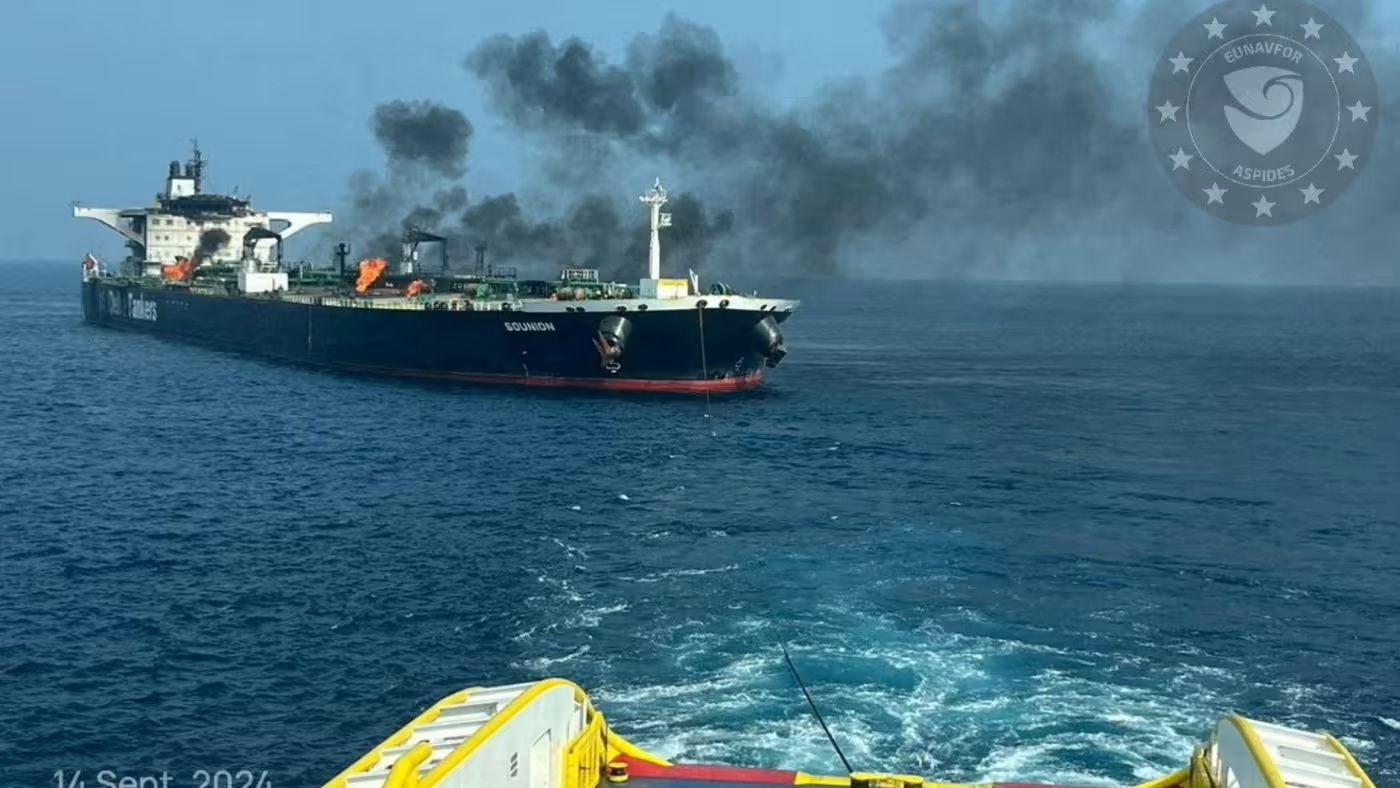Yemeni Government: We Have a Strategy for Oil Management, Production, and Gas Export

Yemen Monitor/Newsroom:
An official in the Yemeni government revealed that Yemen has a ready strategy for managing and producing oil and exporting gas, at a time when the country is suffering from a severe energy crisis and a shortage of fuel supplies for power plants.
Yemeni Oil Minister, Saeed Al-Shamasi, asked Iran to stop supporting the Houthis, as the war-torn country seeks to resume liquefied gas exports.
He said during his participation in a ministerial session within the activities of the Egypt International Energy Conference and Exhibition “EGYPS 2025”, that Yemen has natural gas reserves of 20 trillion cubic feet, in addition to export infrastructure through a port dedicated to exporting liquefied gas.
He explained, according to press statements, that the cessation of Yemen’s liquefied gas exports was due to the operations of the Houthi militias, noting that there are strategies being worked on to take advantage of Yemen’s wealth and natural resources.
He continued: “We call on Iran to stop the problems and battles, so that we can restore our position and enjoy our natural resources.”
He pointed out that “Yemen has a ready strategy for managing and producing oil and exporting gas,” but has faced “many problems” in the past 10 years, including the widespread destruction of infrastructure from air strikes.
Al-Shamasi said: “We hope that the problem will end, and we will return to exporting natural gas and achieving prosperity for the Yemeni people.”
Yemen, which is located on major international shipping lanes, exported 9.9 billion cubic meters of gas at its peak in 2013, primarily to South Korea and other countries in Northeast Asia.
Yemen has 3 billion barrels of crude oil and 17 trillion cubic feet of gas, according to the US Energy Information Administration.
Oil production in Yemen peaked at 450,000 barrels per day in 2001, but has collapsed since then, with production falling to 197,000 barrels per day in 2013, according to BP.




